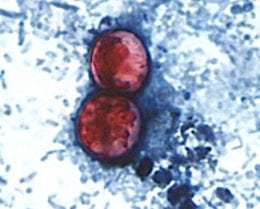
We strive to prevent foodborne illness every day. Unfortunately, a single episode of foodborne illness can trigger an autoimmune illness in an estimated 200,000 consumers. The challenge is this could develop in days, weeks, or years after the actual foodborne illness event.
The organ systems that can be affected include the cardiovascular, endocrine, digestive, hepatic, immune, and respiratory systems. Other autoimmune illnesses include irritable bowel syndrome, reactive arthritis, and Guillain-Barré syndrome. With the unpredictable nature of all of these, medical professionals are finding it challenging to properly diagnose, control and treat these autoimmune illnesses. As a result, all of this also affects policies for public health to ensure a safe food supply.
The immune system is complex and strives to find and defend undesirable invaders. While most people recover from a foodborne illness with rest, fluids and care, the young, elderly, immunocompromised and pregnant and postpartum women are at high risk. Seeking medical attention early is important to reduce the risk of autoimmune illnesses.
Source: Food Technology, April 2020
